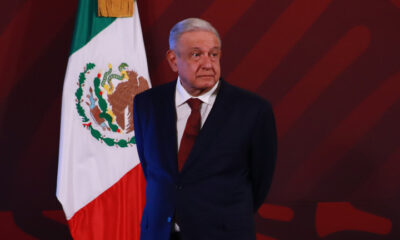TECHNOLOGY
YouTube head resigns
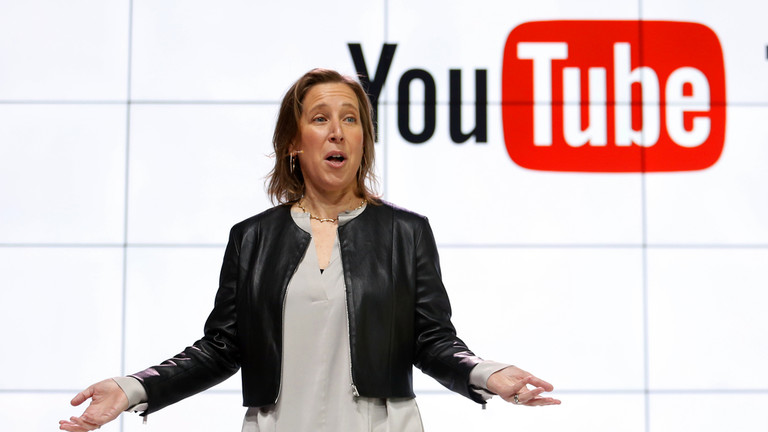
TECHNOLOGY
How much YouTube pays for 1 million views, according to creators

TECHNOLOGY
Tesla employees shared sensitive images recorded by cars – Reuters
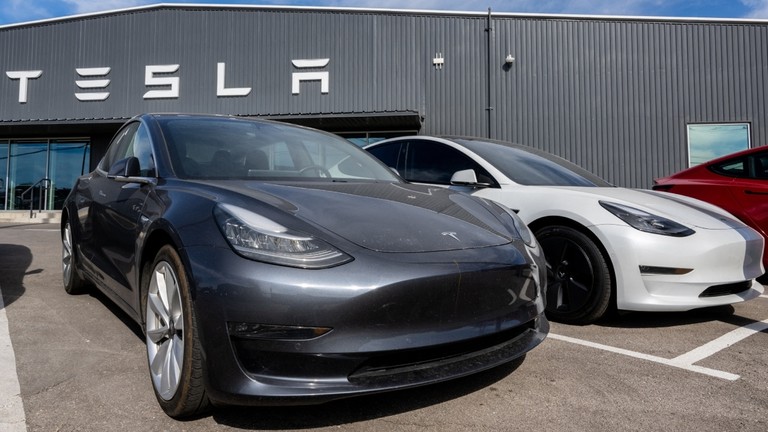
TECHNOLOGY
Nordic nation’s military bans use of TikTok – media
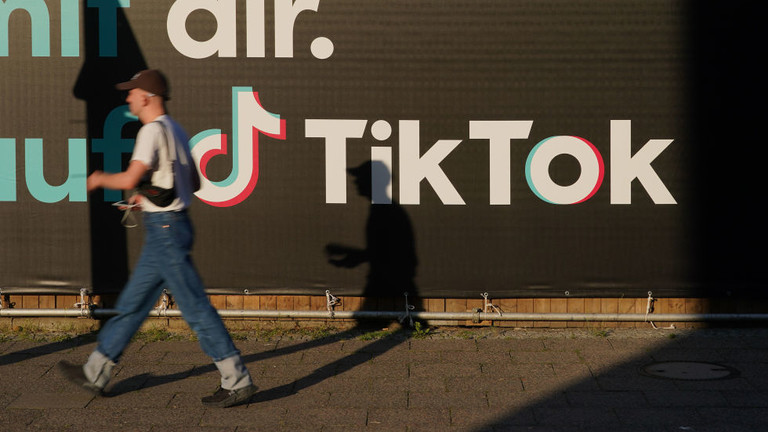
-

 TECHNOLOGY12 months ago
TECHNOLOGY12 months agoHow much YouTube pays for 1 million views, according to creators
-

 FINANCE11 months ago
FINANCE11 months agoFacebook parent Meta fined €1.2 billion by Irish watchdog
-

 LIFE12 months ago
LIFE12 months agoHollywood star pulls out of hosting awards show amid strike
-

 LIFE11 months ago
LIFE11 months agoconic Smiths bassist dies aged 59
-
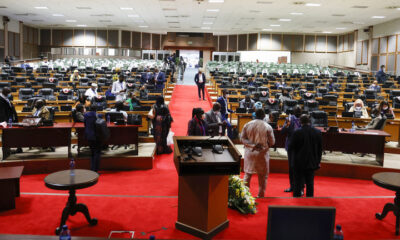
 NEWS11 months ago
NEWS11 months agoKenya supports creation of pan-African court
-

 FINANCE11 months ago
FINANCE11 months agoUS will default if debt deal fails – treasury secretary
-

 FINANCE11 months ago
FINANCE11 months agoGlobal debt balloons to record highs
-

 WAR11 months ago
WAR11 months agoUkraine won’t join NATO anytime soon – Scholz















































